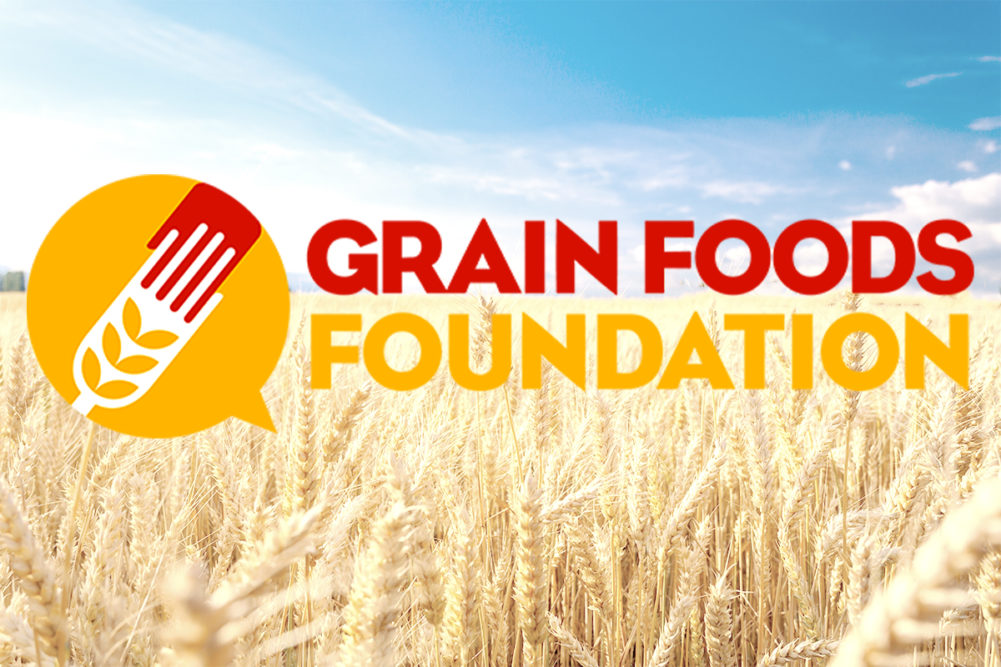WASHINGTON — An effort dating back nearly 10 years to establish a checkoff program for grain-based foods will be halted if a petition requesting the withdrawal is approved by the US Department of Agriculture.
On May 10, the Grain Foods Foundation (GFF) submitted a request to the USDA under which the Wheat Flour Foods Promotion, Research, and Information Order would be withdrawn from further consideration. If accepted by the Department, the withdrawal would cancel the pending publication of the Order in The Federal Register, a subsequent public comment period, and following that, an industry referendum.
The Order, which came out of an industry checkoff feasibility study initiated in 2016, would have established a mandatory funding mechanism for promoting the wheat-based grain foods category.
The petition to the USDA followed a May 10 vote by the GFF Board of Trustees, expressing strong support for withdrawal of the Order from USDA consideration. It would be the second time an Order for a wheat-based foods checkoff program was pulled just before publication.
In September 2019, an Order was pulled after the American Bakers Association sent the GFF checkoff steering committee a letter formally requesting the withdrawal. The ABA letter followed the emergence of dissent from numerous foodservice bakers. Since 2019, efforts were made to modify the program making inclusion of products for foodservice voluntary (an effort that proved unsuccessful), and the GFF worked to meet with industry stakeholders who would be affected by a checkoff program if adopted. Amid these efforts, a number of bakers continued to voice vigorous opposition to a checkoff program.
In announcing its latest withdrawal petition, GFF leaders did not directly address why the petition was submitted but emphasized the need for the foundation to continue advancing its mission to elevate the public’s perception of grain-based foods.
“The challenges facing our industry today are perhaps even more intense than those faced in 2004, when GFF was formed,” said Debo Mukherjee, GFF co-chair and chief marketing officer, Flowers Foods. “Our board is committed to continuing to push against anti-carb and anti-grain messages through the strong work of GFF in research and science-based messaging initiatives.”
Kirk Stehr, GFF co-chair and senior vice president of Grain Craft, said industry disagreement over the checkoff program was undermining the promotion of grain-based foods.
“As vested stakeholders in this industry GFF supports, the board agreed that the checkoff conversation has become a distraction to the work GFF needs to do on behalf of the whole industry,” he said. “GFF has enjoyed unprecedented success year after year, even during the COVID pandemic, and the GFF board wants to do everything in our power to share this success with our industry and to make sure resources are available to continue to grow this work.”
Work on a potential checkoff program began in earnest in 2016 when Tom Nagle, a managing partner of Statler Nagle, conducted 55 interviews across about 35 companies about ways to make the GFF’s work even more effective. During the exploratory stage, millers, bakers and other GFF supporters were asked what success would look like, and increased sales were the principal goal described by the group. While those interviewed described GFF programming as “worthwhile and valuable,” there was a widely held view that the foundation was not large enough to “move the needle” of sales growth. A checkoff program was intended to elevate the annual spending on product promotion and research while ensuring participants contributed in an equitable manner.
While the challenges facing the market for grain-based foods remain, many forces affecting the industry have changed considerably, said Vince Melchiorre, GFF board member and senior vice president and general manager, Bimbo Bakeries USA.
“No one in our industry has been untouched by the realities of the COVID pandemic, labor shortages, supply chain challenges, and commodity market volatility,” Mr. Melchiorre said. “The baking and milling industries are known for being a family of great companies. The way forward for our industry is to understand that the checkoff opportunity is not a fit for us and to move forward with strength, belief in the incredible story around the products we make, and a vision for GFF that delivers research leadership and thought advocacy.”
Asked for their perspectives about the withdrawal, the heads of the ABA and the North American Millers’ Association each emphasized the need for the GFF to advance its work.
“ABA respects the decision by the Grain Foods Foundation to withdraw the proposed wheat checkoff from consideration by USDA,” said Robb MacKie, president and chief executive officer of the ABA. “GFF sought out industry input and listened to all industry perspectives and made this decision accordingly.
“ABA relies significantly on the important work and resources of GFF in pursuing its policy priorities for the industry. Specifically, the research partnerships have been invaluable in promoting grains in the Dietary Guidelines for Americans and ensuring ABA’s work with the Food and Drug Administration on nutrition policy is medically and scientifically based. ABA is eager to continue the strong partnership with GFF to protect the industry in upcoming Dietary Guideline debates and with the recently announced White House Conference on Hunger, Nutrition and Health. Grain foods have an important role to play and together we can ensure our voice is heard.”
Jane DeMarchi, president of NAMA, added, “I recognize that it was a tough decision to withdraw the checkoff when there is definitely a need for promotion of bread and grain-based foods in the face of on-going interest in low carb and gluten-free diets. NAMA hopes GFF will continue to be a valuable source of scientific information about the health benefits of grain-based foods and can capitalize on the renaissance of home baking and the return to comfort foods, like bread, during the pandemic.”





